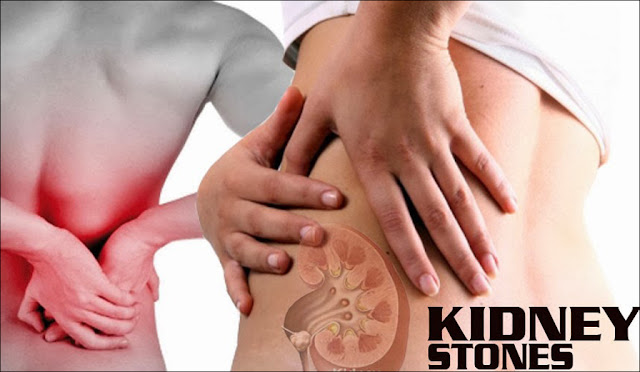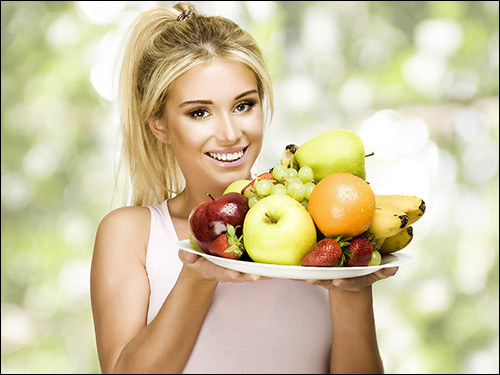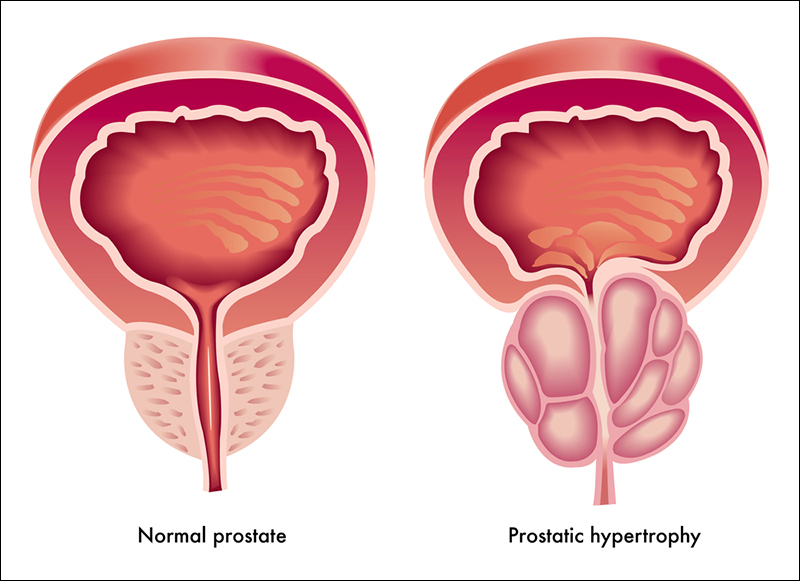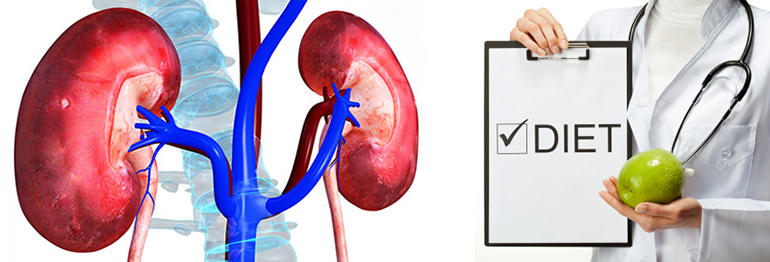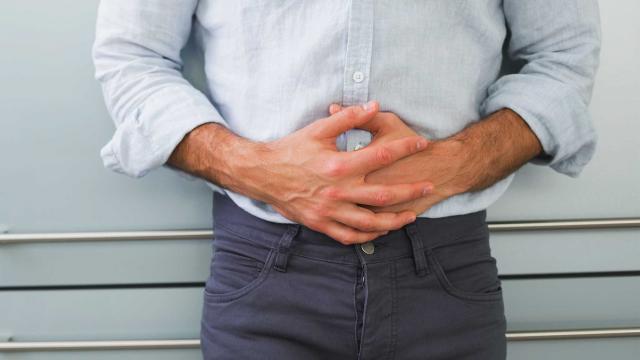Diabetes requires constant management of your diet and blood sugar. One question in your mind is what you should eat and what you should not. One of the first things that you should do, after Diabetes, is to work with your doctor / dietician on planning your diet and food choices. Diabetes does not mean giving up on food that makes you happy. A healthy diet is best for everyone, having healthy diet will keep you in good stead while fighting diabetes. In this section, you'll find food suggestions, strategies, and cooking advice to help you make your eating plan hassle-free and pleasurable.
Carbohydrates could form 50 – 55 % of a diabetic's diet, protein 20 – 25 %, and fat/oils, the remaining 15-20% .
Carbohydrates in Diabetes Food
Carbohydrates from the food we eat becomes glucose in our blood. Thus Carb management should be a key part of diet planning. Carbohydrates are found in all cereals (chapatti, rice, breads, pizza, macaroni pasta, noodles, poha, upma, dosa, idli, sago, biscuits, rusk, bun, etc.), some root vegetables (potatoes, yam) and all sweet fruits (banana, mango). Since carbs are broken down into glucose, diabetics are recommended to have complex carbs like the ones from whole grains. Complex carbohydrates like whole wheat, ragi, nachni and jowar are rich in fibre and break down slowly in the body. Slow break down or digestion ensures that the blood sugar levels do not shoot up too quickly. On the other hand, Simple carbohydrates from sugar, potatoes, etc are broken down quickly in the body which causes blood sugar levels to shoot up quickly. A maximum of six multigrain chapattis/bread slices or five chapattis and a bowl (100 gm) of cooked rice per day is recommended for a diabetic's carbohydrate intake and they should be preferred over juices since fresh fruits contain fibre.
Protien in Diabetes Food
Proteins are the building blocks of our body and help in building and maintaining the body cells. As you cut down on the carbohydrates in your diet you should increase your protein intake. Rich sources of Protein include pulses/legumes/beans, milk and milk products like curd/paneer/cheese and meat products like chicken, fish and eggs. Three bowls of pulses (in any form as dal, sprouts, dhokla, besan pancake, etc.) with 500 ml of milk (low fat) a day is an adequate amount of protein intake.
Mineral in Diabetic Food
It is recommended that people with diabetes should have a good amount (20 to 35gm) of fiber in their daily diet. Multigrain flour, oats, whole fruit with edible peel - apple, pears, peaches, apricots and raw vegetables, leafy vegetables with stalks and whole pulses like moong dal, rajma, bengal gram, soybean are supplemented with fibers. Dietary fibers do not offer energy since it is un-absorbed by the body. Yet, they should become a vital part of diet as it helps maintain gut health and blood pressure level.
Restrictions on what is to be eaten and their quantities may result in insufficient intake of essential nutrients like Vitamins & Minerals. Specially formulated diets ensures sufficient intake of proteins and essential Vitamins & Minerals. High fibre content in these products gives us a feeling of fullness and we resist the urge to eat more. In case you're not having adequate quantities of essential nutrients like vitamins, minerals, fibre, etc. then having dietary/nutritional supplements could help.
Cooking Methods
Steaming, roasting, baking, boiling and grilling are some of the healthier methods of cooking than normal frying or sautéing. Most of the vitamins and minerals remain stable in the food and even its color and texture is retained.
Artificial Sweetners for Diabetes
Artificial sweeteners do not have the calories that regular sugar does. You can include sweeteners in your diet in consultation with your doctor.
Cooking Oil for Diabetics
There are many types of cooking oils available in the market today. One needs to be aware of them select accordingly.
Rice bran oil is rich in Omega 3 fatty acid which helps to regulate triglycerides, raise 'good' HDL cholesterol and lower 'bad' LDL cholesterol.
Olive oil is enriched with Omega 3 fatty acids and antioxidants that are good for heart. This is also beneficial in Diabetes control.
Mustard oil is also abundant in Omega 3 fatty acids and antioxidants. It is also more cheaper and easily available than olive oil.
Canola Oil is supplemented with Omega 3 fatty acids, as are Corn Oil and Flax seed oil.
Sunflower and safflower oils are rich in the healthy Poly Unsaturated Fatty Acids (PUFA).
Fish oil has plentiful of Omega 3 fatty acid and antioxidants. It also helps regulate the level of triglycerides.
Coconut oil, is a saturated fat, and should be avoided.
All refined cereals which are made with maida. You could opt for whole-wheat pasta or noodles instead.
All fried foods and snacks like samosa, pakora etc. Opt for steamed and grilled varieties like dhokla, paneer tikka, etc.
All pickles in oil. Instead go for pickles in vinegar or lime juice instead.
All sweets and refined sugar. Instead of sweets with white sugar or even those with artificial sweeteners, opt for those with natural sweeteners such as honey and jaggery-based light sweets like sandesh. Such sweets can be consumed to satiate your sweet tooth, but definitely, in moderation. Consult your healthcare provider on whether avoid honey and an occasional sweet can be included in your diet plan.
A healthy diabetic diet includes some of the foods that helps to control blood sugar:
Oatmeal, barley, brown rice, soybean and most of the whole grains has a high amount of soluble fibre. Try to include these in your diet.
Involve plenty of steamed sprouts and vegetables which are low on carbohydrate such as broccoli, spinach, bottle gourd, okra and green beans in your diet.
On contrary cut down on high carbohydrate vegetables such as peas, potatoes and corn.
As per the research, low fat vegan diet helps the type 2 diabetes patients to manage the ailment by lowering the bad cholesterol levels and by reducing the weight.
Cinnamon extract, garlic and onion helps in reducing blood sugar level in people with diabetes.
Start the day with nuts like almonds, walnuts or flaxseed as it contains omega 3 fatty acid.
Green tea is a good option over tea or coffee.
Consume fruits such as apple, papaya, pear, fig, all types of berries, orange, Indian blackberry which are low on sugar.
Buttermilk, coconut water and green salad is beneficial in diabetes.
Avoid excess of salt, sugar and fat.
Refrain from red meat, whole milk and milk products, white flour and food with high glycaemic index.



